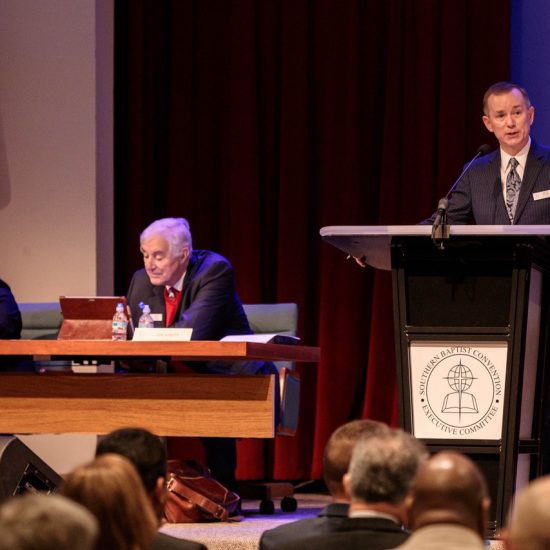Public service is a term that is rarely the first term used to describe the work of elected officials these days. That appears especially true during the season of national and state political campaigns.

Bill Webb
|
Politicians is the descriptive word of choice for public office seekers, both those who are elected and those who fail to garner the needed votes to serve.
The same communications and promotional tools readily available to candidates today too often are the ones that voters rely on exclusively to make significant voting decisions. The voices we hear loudest are candidates who use sophisticated techniques to shape their message and enhance their resumes. Equally loud are candidates who routinely trash their opponents with "evidence" that impugns the opponent's views, previous service and character. It is no wonder we should be wary of such messages.
Television, Internet and other mass media commercials offer a convenient way to elect leaders by sound bite. We are conditioned not to come away with a strong idea about where a candidate stands on a given issue or issues but why we should not consider his or her opponent or, in the case of some primary elections, more than one opponent.
Too often, the electorate finds itself trying to vote for the lesser of two evils rather than the cream of the crop.
We have grown accustomed to making voting decisions in simplistic fashion, not based upon seeking out solid information on a candidate's record or character but upon political hearsay or sophisticated manipulation of the record. We excuse the manipulators of such information, suggesting this is simply how the modern election process works.
One interesting statewide election in Missouri had three primary candidates, each describing themselves as the most conservative of the three and their two opponents as not real conservatives at all but even as proponents of the agenda of the other political party. In our times, that is a one of the harshest criticisms a candidate can make about an opponent within the same political party.
Many candidates are not really content to present themselves on their own merits. Consultants are paid handsomely to coach would-be elected leaders in how to answer particular questions or to respond to particular criticisms. Most of us don't know if a person is speaking from the heart or from a carefully crafted script.
Frankly, most of us could do a better job of preparing for election days. It requires some effort, but information is available if we will only do the research.
What I am advocating is not the voting guides circulated by some interest groups, whether religious or not.
Each voter should be responsible for his own homework in preparing to cast a vote. This isn't rocket science, and it is vitally important.
Here are a few thoughts.
In the case of candidates who are seeking reelection, go back and check the voting record and the actual arguments made by the candidate in question. Third-party media between them provide solid coverage of political matters related to the welfare of the country, the state, the voting district, the county and the community.
This information also helps evaluate a candidate who may be running for higher office than he or she currently holds. I am repeating the "character" word in what I am writing but this may be a more significant quality than even party affiliation.
In my lifetime, I have seen people I regard as admirable from both sides of the aisle. My fellow voters and I also have observed political scoundrels in action.
How do we find out about first-time candidates? We learn about what brought them to this place in their lives. We look at what distinguishes them in their work and what motivates them to political public service. Are they people regarded highly not just by party insiders but by those who have worked with them or have served in volunteer capacities with them?
Look well beyond what people say about themselves or their opponents. Listen carefully to what third-party interests express, particularly those who don't have a partisan position in the election fight. Be discerning. Modern-day journalism seems a bit different than it used to be. The proliferation of media with a specific point of view or political bias has been astounding. It is not hard to find a source that will tell us what we want to hear rather than to challenge us to think.
Seek the best, most accurate information available. Vote intelligently as if the welfare of the community, county, district, state or nation depends upon getting it right. It does.
The vote is a great privilege not afforded to everyone in this world. Those who take it lightly and settle for less than the best leaders deserve what they get.
Bill Webb is editor of Word&Way.


